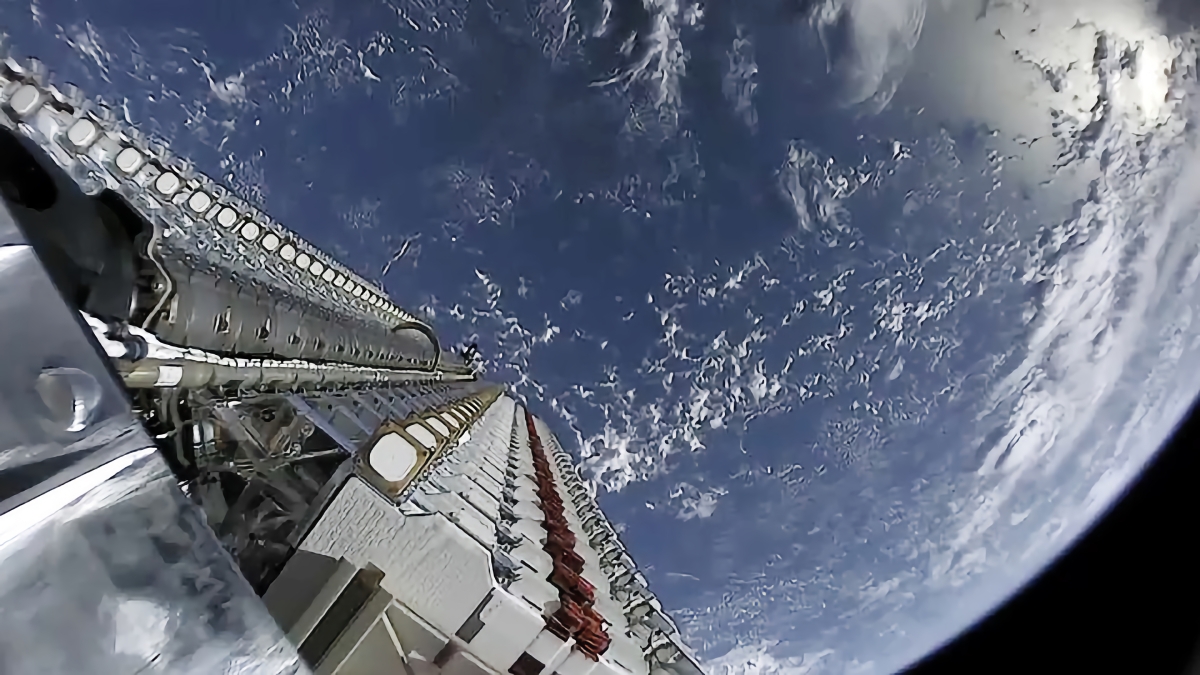Investment in space continues to drop, but some sectors more resilient than others, report finds • ZebethMedia
Private investment in space continues to be battered by larger macro-economic trends, like high interest rates and inflation, but not all sectors of the space industry are affected equally, a new report from New York-based VC firm Space Capital found.
While broader market conditions are disproportionately affecting funding in deep tech — which includes high capex industries like launch and “emerging industries” (think private space stations and orbital debris mitigation) — geospatial intelligence and remote sensing companies are well positioned to withstand these trends, the quarterly report found.
Overall, $3.4 billion was invested in 79 space companies this quarter, representing a 44% decline from the same period last year. While total investment declined, early-stage investments increased by 24% versus the same period. Total rounds also saw a 26% decrease YTD compared to the same quarter last year.
In some ways, the large drop in investing seems to be a correction to what Space Capital founder and managing partner Chad Anderson called the “market mania and irrational exuberance” of 2021, where companies were closing huge deals at sky-high valuations. Last year saw record investment in emerging industries “and most of that was invested by VCs who were investing in the space economy for the first time,” Anderson said.
“Nobody was doing any diligence,” he said. “This year, everyone’s tune has completely changed. Everywhere you go, every VC is talking about the importance of diligence.”
This market correction was likely even if the larger macro trends were not in place, Anderson said, but the Fed raising interest rates no doubt had a direct impact on the pricing of venture deals and the larger private market.
While investing dropped, it’s not all bad news: Anderson said he’s starting to see a pickup in deals, with more capital likely being deployed in the next quarter. Space technologies that play an increasingly important role in the global economy, like remote sensing, are also likely to grow over the coming years.
“This is demonstrating how the space economy is really counter-cyclical and resilient to some of these macro market conditions,” Anderson said. “As the world becomes more dynamic and more uncertain, with the war in Ukraine, geopolitical issues elsewhere, supply chain issues, enterprises and governments want more information, not less. These companies are providing that critical information to them.”
Space Capital tracks 1,753 companies that have raised a cumulative $267.9 billion over the past 10 years. The report divides the space industry into three categories: infrastructure (with a subsection, emerging industries); distribution; and application. Much of the investing activity in launch was in later-stage companies, while early-stage rounds made up over three-quarters of the investment in emerging industries. The leading verticals in emerging industries were space stations, “transport” (like ispace’s lunar landers) and debris mitigation.
